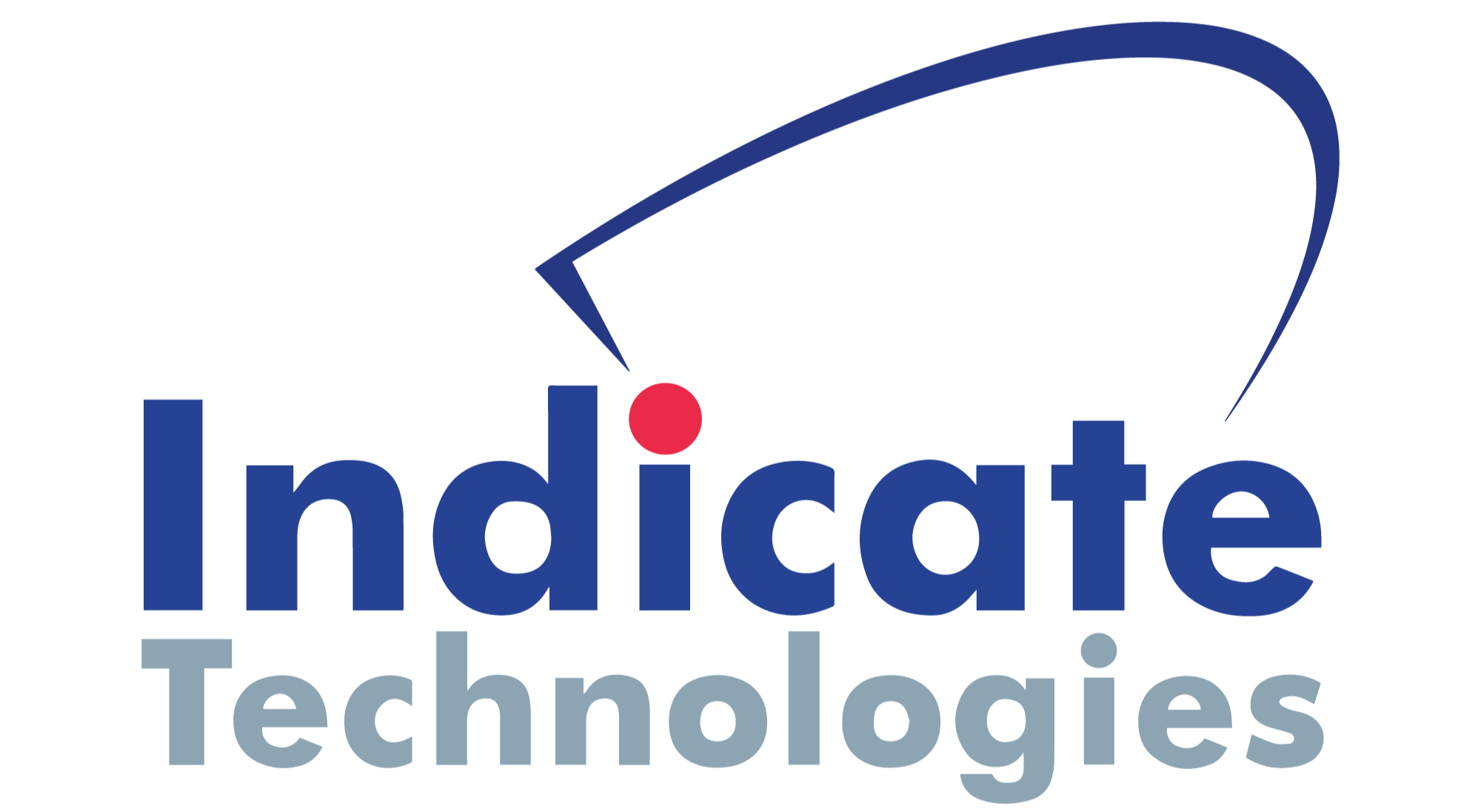Measurement Solutions
We provide top-quality dimensional and surface finish metrology solutions to meet the diverse needs of our customers. We offer advanced measurement systems, such as coordinate measuring machines (CMMs) and CT scanners, which are designed to deliver precise and accurate measurements of complex geometries and surface topography.
Our 3D Scanner Partners

Learn More About Precision Measurement
















